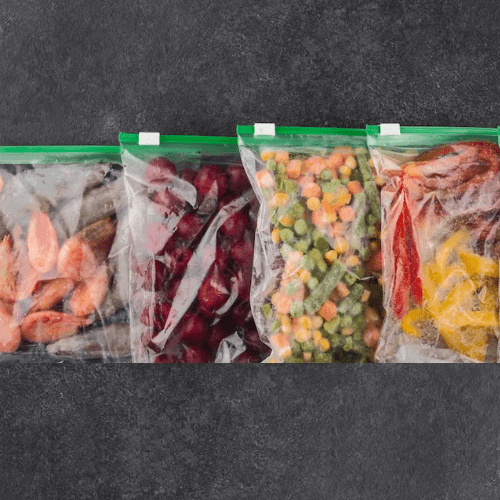Bioshpere
How The Sustainability Plan Of Earth Care Will Help The World To Become A Better One?
With Biosphere, your sustainability goals are not only possible. But also, actionable. Designed to help our customers meet environmental responsibility demands in and economically efficient way, our biodegradable plastic technology drastically reduces waste.:
As concerns about climate change and environmental degradation continue to grow, Earth Care has developed a comprehensive sustainability plan aimed at creating a better world for all. From using eco-friendly materials in our products to implementing energy-efficient practices in our operations, Earth Care is dedicated to doing its part to save the world
To ensure accountability and transparency, we regularly evaluate our sustainability performance and communicate our progress to stakeholders. This enables us to identify areas for improvement, learn from best practices, and continuously evolve our sustainability initiatives.
Product & Quality Management of earth care
Biodegradability is the capacity for something to be naturally broken down into its most basic components by microorganisms such as bacteria and fungi. While all plastics are technically biodegradable, they take hundreds of years to deconstruct. Now, thanks to BioSphere, plastic polymer biodegradation is faster, economical, and aligned with a sustainable future.
BioSphere technology is fast and effective, convenient to implement, and maintains the integrity of your final product.
Works two to three times faster than other biodegradable additives on the market
Plug and play with minimal changes to your equipment and process required
Polymer Compatibility
No matter the polymer application, we have a biodegradable solution. We’re proud to offer a versatile additive that fits the needs of virtually any polymer type.
Product & Quality Management of earth care
Earth Care is committed to using environment-friendly processes in all aspects of their operations. This includes reducing waste and pollution, as well as conserving natural resources. By adopting such practices, Earth Care can significantly reduce its carbon footprint and contribute towards preserving the planet for future generations.
Earth Care uses biodegradable bags made from plant-based materials that break down naturally, leaving no harmful residues in the environment. This practice helps to reduce the amount of plastic waste generated and also prevents environmental pollution caused by non-biodegradable plastics.
Earth Care has a strong commitment to uphold ecology by promoting sustainable practices and educating the public about the importance of preserving the environment. Through this commitment, Earth Care is contributing towards the achievement of the United Nations’ Sustainable Development Goals (SDGs), which aim to create a better and more sustainable world for all.
Earth Care supports local communities by providing eco-friendly products and services that promote sustainable living. By doing so, Earth Care is helping to create a green economy that benefits both people and the planet.
Earth Care ensures that all of its materials are sourced in an environmentally responsible way. This means using sustainably grown crops, such as bamboo and cotton, and avoiding materials that contribute to deforestation.
Earth Care encourages its customers to recycle by providing clear instructions on how to properly dispose of its products. The company also collects and recycles its own products, reducing the amount of waste that ends up in landfills.
Earth Care is an advocate for change and is actively involved in campaigns and initiatives geared towards promoting sustainable development. By raising awareness about the need for sustainable practices, Earth Care is inspiring positive change and encouraging others to take action towards creating a more sustainable future.
Product & Quality Management of earth care
Considerations for sustainability are incorporated into the product design phase. This involves evaluating the environmental impact of materials, energy efficiency, recyclability, and end-of-life disposal. Sustainable design principles aim to minimize resource consumption, waste generation, and environmental harm.
Suppliers and raw material sources are selected based on their adherence to sustainable practices. This includes assessing their environmental performance, ethical sourcing practices, and compliance with relevant regulations. Emphasis is placed on sourcing renewable and eco-friendly materials to reduce environmental impacts.
Environmentally friendly packaging materials and practices are employed to minimize waste and optimize transportation efficiency.This includes using recyclable or biodegradable packaging materials, right-sizing packaging, and implementing sustainable logistics practices to reduce carbon emissions.
Strategies are implemented to promote product life extension, such as repair, refurbishment, or recycling programs. By facilitating product reuse or recycling, the environmental impact associated with disposal is minimized. Proper end-of-life management ensures that products are recycled responsibly or disposed of in an environmentally sound manner.
Organizations strive to identify opportunities for reducing environmental impacts, enhancing product performance, and integrating sustainable practices into every aspect of the product lifecycle. Regular monitoring, measurement, and stakeholder engagement are essential for identifying areas for improvement and setting ambitious sustainability goals.













